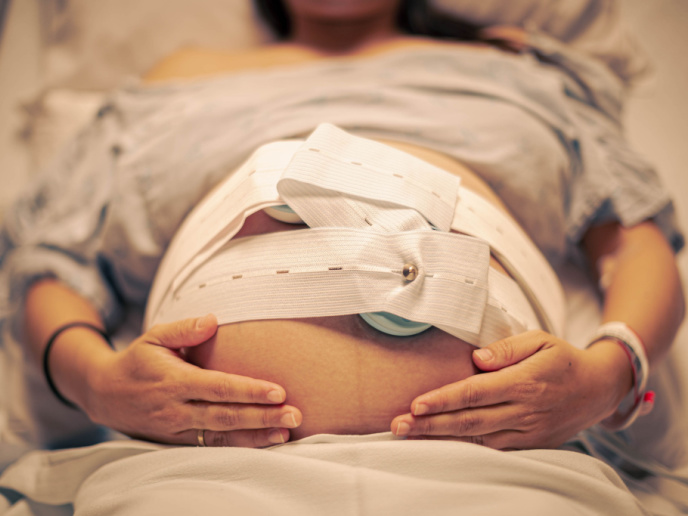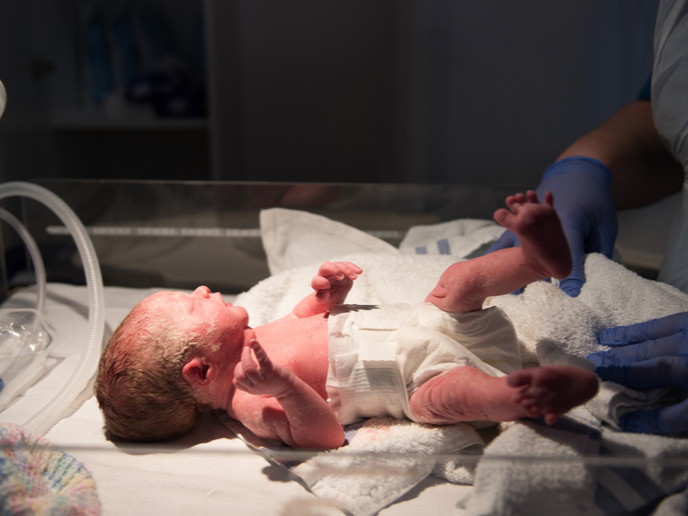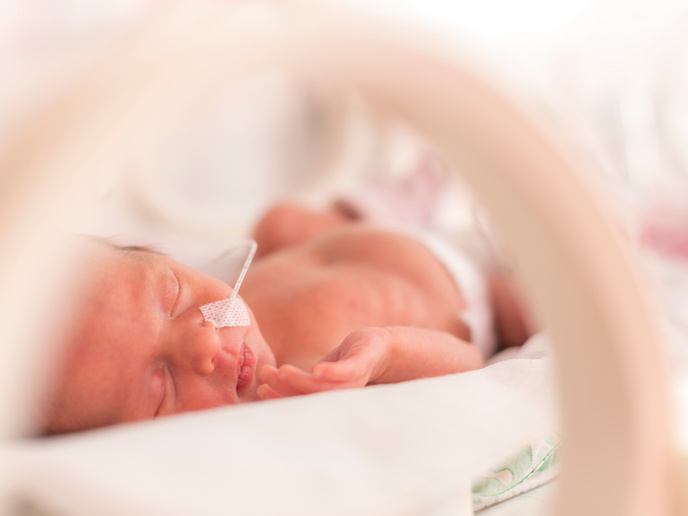Next-generation researchers to improve maternal and foetal health
Formed during pregnancy to provide the foetus with oxygen and nutrients and remove waste products, the placenta is critical to a healthy pregnancy. The EU-funded iPLACENTA project coordinated research and training collaboration for early-stage researchers (ESRs) in maternal and foetal health (MFH). As a European Training Network, supported by the Marie Skłodowska-Curie Actions programme, the initiative secured international, intersectoral and multi/interdisciplinary training as well as career development.
Forging in-depth international expertise
A total of 11 institutes across eight EU countries hosted 16 ESRs from 11 countries, including Argentina, Chile, India and Switzerland. The network included one company, three clinical organisations, seven academic institutes, a patient advocacy group, the OpenScience project and industry partners. The initiative thus helped to expand research capacities and drive academia-industry collaboration. “The research encompassed in iPLACENTA aimed to boost the translational expertise within EU groups, training ESRs in translational medicine by integrating organ-chip technology and systems modelling, with innovation in visualising and assessing placenta health in the clinic and in vivo models,” explains Colin Murdoch, project coordinator.
Academia-industry collaboration leads the way
iPLACENTA mapped the training of ESRs, who had not previously focused on MFH, to the Principles for Innovative Doctoral Training. “Their training is designed to equip them with the right combination of research-related and transferable skills in order to face the current and future challenges in MFH and to best convert their knowledge and ideas into products and services with an economic and social benefit,” Murdoch notes. Travel restrictions necessitated creative solutions for the project’s scope of activities. One was a virtual 2-day international symposium in collaboration with the Australian and New Zealand Placental Research Association. Another was a session on innovation in placenta modelling at the 2021 meeting of the International Federation of Placenta Associations in Amsterdam. Beyond academics, Murdoch says “a key part of the training was to take ESRs out of their comfort zone and expose them to entrepreneurship.” With the support of the Centre for Entrepreneurship at the coordinating institution University of Dundee, ESRs therefore also completed an online 5-week enterprising skills training programme.
Industry and community impact
This linking of academic research to industrial exploitation, which Murdoch reports was “a major achievement of iPLACENTA,” bore ample fruits. ESRs at both the University of Dundee and organ-on-a-chip company MIMETAS have advanced a placenta-on-a-chip model that is envisioned to be especially attractive to the pharmaceutical industry. Collaboration with Moor Instruments has paved the way for incorporating a miniature camera into an endoscopic probe to benefit preclinical animal models or endoscopic surgery. Developed at the University of Rostock, the NaviCenta offers the research community a placenta-specific disease map and open access placenta model. Research at St George’s, University of London identified changes in heart structure and function during and after pregnancy of women with high blood pressure. Heart screening following pregnancy could provide an important early indicator to identify women at risk of chronic cardiovascular disease. A comprehensive list of publications related to the above developments is available on the project website. iPLACENTA outreach further included the participation of ESRs in public engagement activities. These included ‘Dance your PhD 2020 Mimetas’, presenting at a midwife study day, school visits and science untangled blogs.
Keywords
iPLACENTA, placenta, pregnancy, maternal and foetal health, academia-industry collaboration, early-stage researchers, NaviCenta







